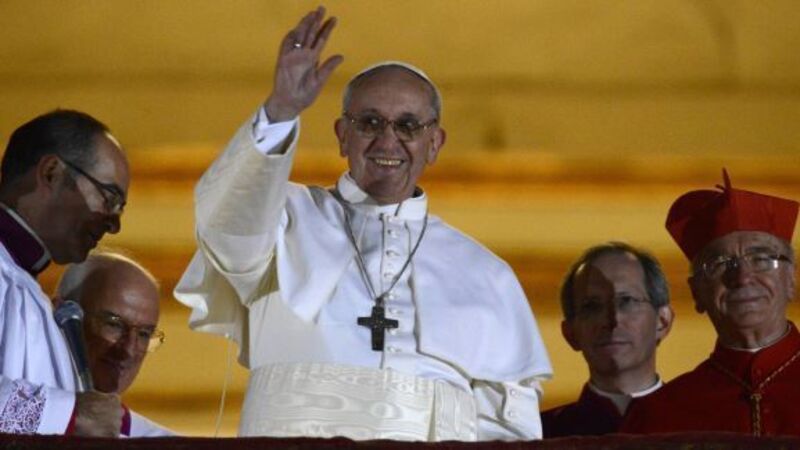Pope Francis in danger of talking himself into trouble

It’s a fair bet that the whispering has started in the upper echelons of the Vatican about the “follies” of Pope Francis. This is a Pope in real danger of talking himself into trouble.
“The world has fallen in love with Pope Francis, which is a good thing, but we should be cautious of the constant claims that he intends to change church teaching,” warned Anthony Murphy, editor of the Catholic Voice newspaper, last October.
















